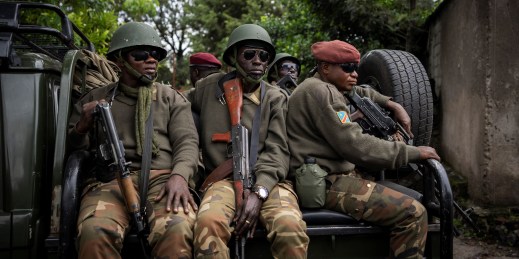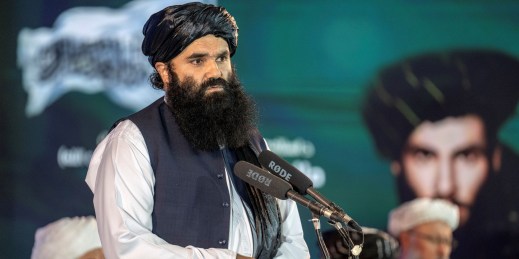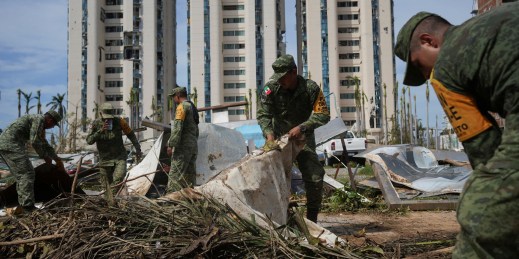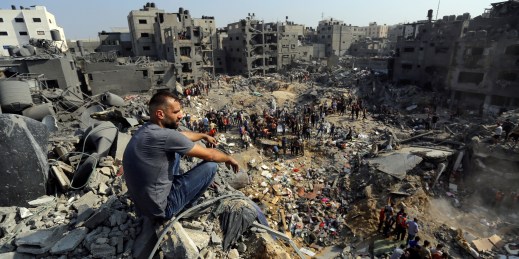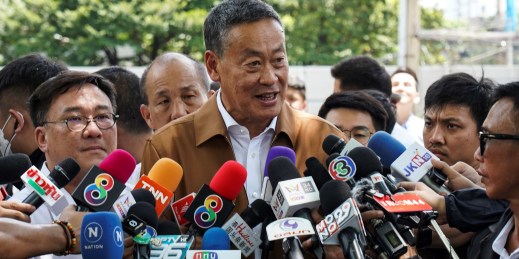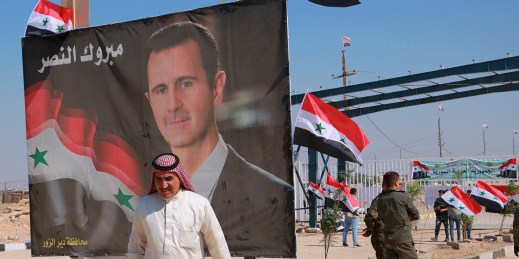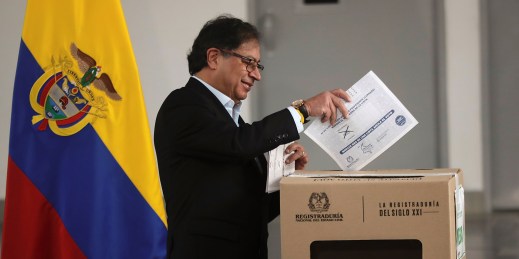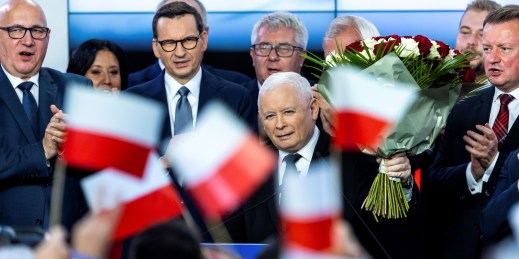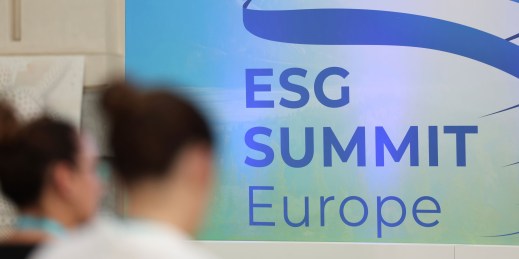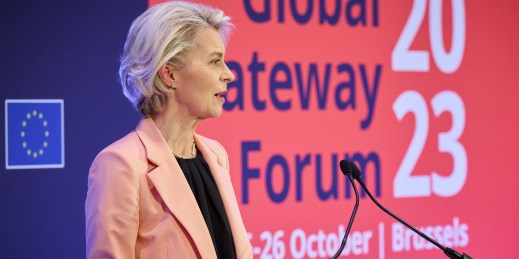
EU officials have been careful to avoid framing Global Gateway, an infrastructure development initiative, as a response to China’s Belt and Road Initiative, but comparisons between the two frameworks are inevitable. It is no surprise, then, that the narratives the EU uses to discuss the Global Gateway contest those surrounding the BRI.

